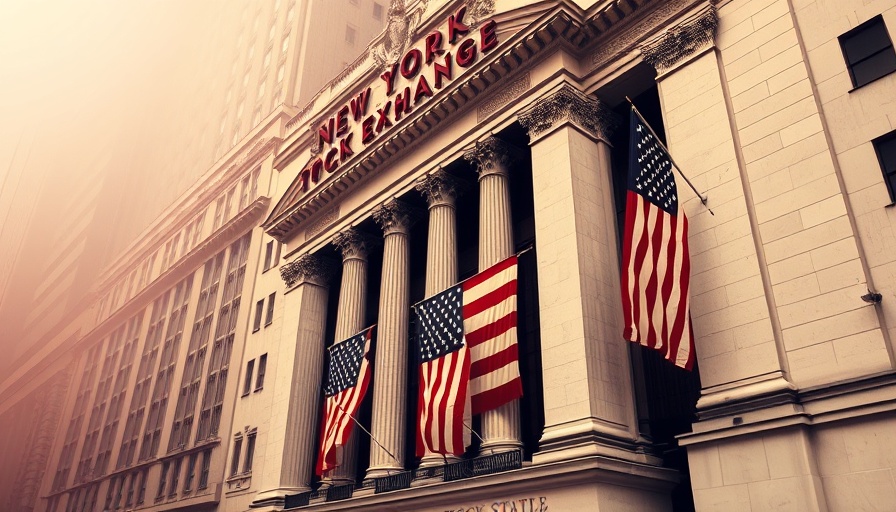
How Trump's Trade War is Impacting Major IPOs
In recent days, the stock market has become increasingly volatile, prompting several companies to suspend their initial public offerings (IPOs). Among them are high-profile firms like StubHub, Klarna, and fintech company Chime, all of which had been gearing up to launch significant IPOs this year. The uncertainty surrounding trade policies under former President Donald Trump has led to a climate of hesitation among startups aiming to go public.
The Current State of the Markets
Since Trump's proclamation of widespread tariffs, the S&P 500 has dropped by 11%. This level of instability has unnerved investors and led many companies to reassess their plans for entering the public market. High-profile platforms such as eToro Group and adtech leader MNTN have also paused their IPOs. Even companies like Medline Industries, which were set to value at about $50 billion, have gone back to the drawing board.
The Ripple Effect of Tariff Decisions
Trump's administration has long been associated with significant shifts in corporate strategy tied to tariff announcements. For example, AI chip maker Cerebras and car rental service Turo both withdrew or postponed their IPO plans due to similar market conditions earlier this year. As companies grapple with the impact of tariffs, many are looking for alternatives to the public markets to ensure financial stability.
Understanding IPO Trends Amidst Tariff Anxiety
The expectation for a busy year of IPOs in 2024 was fueled by lower interest rates and a seemingly stable economy. Last year, there were 150 IPOs that raised $29.6 billion, which was a modest rebound from 2023; however, this still fell short of historical averages. Delays in interest rate cuts and increasing market volatility have further compounded the trend of IPO postponements.
The Future of Startups and IPO Opportunities
For startups, the uncertainty created by ongoing tariff discussions means that potential IPOs may be shelved until a more stable climate emerges. Stripe's choice to seek funding through private sources instead of an IPO is indicative of a broader trend of companies retreating from public offerings in the face of economic uncertainty.
What Investors Should Consider Going Forward
As this situation evolves, investors need to remain cautious. With numerous companies likely holding off on IPO plans, there is a gap in the market that could open new opportunities for those willing to invest in private funding rounds. Analyzing trends and shifts in the marketplace will be vital for navigating this turbulent financial landscape.
Conclusion
In summary, the impact of Trump's trade war and subsequent policies continues to shape the landscape of initial public offerings. As companies navigate this complex environment, understanding the motivations behind IPO delays is essential for investors and market participants. Stay tuned for further developments in this area, as companies reassess their public market strategies amid ongoing economic challenges.
 Add Row
Add Row  Add
Add 




 Add Row
Add Row  Add
Add 

Write A Comment